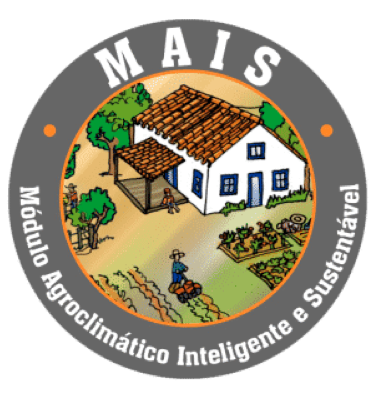
Finding ways to stimulate the diffusion of water-saving irrigation is essential to mitigate the negative impacts of climate change on water supply. The study recently published by José Daniel Morales Martínez (UNICAMP), Alexandre Gori Maia (UNICAMP), and Junior Ruiz Garcia (UFPR) compared the factors determining the diffusion of least efficient (sprinkler systems) and most efficient irrigation (localized systems) in the Brazilian agriculture. The authors highlight how the diffusion of water-saving systems depends on knowledge flows between farmers (peer effects). On the other hand, the diffusion of least efficient systems depends fundamentally on the easy availability of water, which may become more scarce with climate change.



